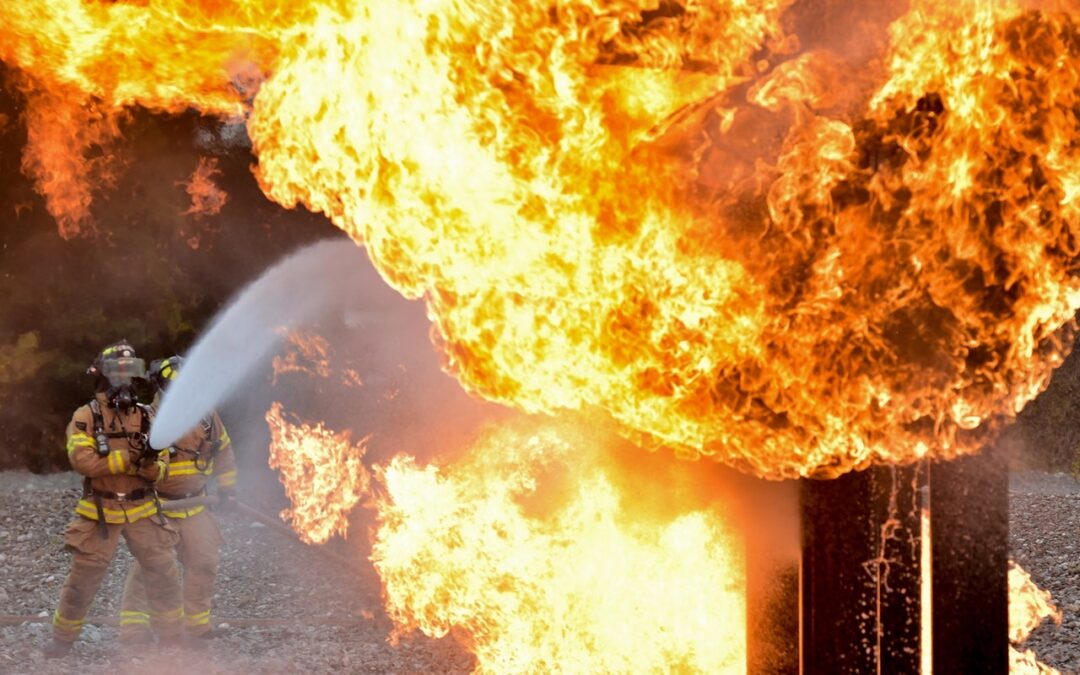The Most Common Causes of Commercial Building Fires
Even with the best fire prevention training and protocols in place, and the best fire suppression systems, fires can still happen. In commercial spaces, fire can pose a serious threat to human life, as well as to property and assets. Here are some of the most common causes of commercial fires and some steps that you can take to reduce the risk to your facilities.
Smoking
There’s a reason that smoking is no longer allowed indoors or within 25 feet of most buildings, and it’s not just the risk of health conditions like lung cancer and asthma. Cigarettes, cigars, and other materials, especially when carelessly or improperly disposed of, can ignite other materials and cause fires.
While less people are smoking, now that we are fully aware of the health risks, and cigarettes have reduced ignition strength, they still pose a fire risk to commercial facilities. To mitigate this risk, ensure that if smoking is prohibited fully on the property that the rule is carefully and fully enforced. If smoking is not prohibited on the property, ensure that all smoking occurs at a safe distance from any buildings and proper receptacles for cigarette butts are installed.
Electrical Equipment and Lighting
Electrical equipment that is improperly wired, defective, or overloaded can be a major fire hazard, as can lighting that is faulty, overheats, or throws off sparks. Making sure that all lighting and electrical is operational, up-to-code, and adequate for the needs of your facility is crucial to preventing electrical fires.
Cooking Equipment
This doesn’t just apply to restaurants. Any facility that has cooking equipment or serves food, like a school lunchroom, hospital or nursing home cafeteria, or even a company breakroom with a stove and microwave, can be at risk. Flammable oils, high temperatures, and equipment using gas and electricity all contribute to the risk of fire.
Ensuring that all people using cooking equipment operate that equipment properly and have adequate fire prevention and suppression training is crucial, as is a fire suppression system that can prevent a fire from spreading.
Heating Equipment
In much of the country, heating is required during cold winter months. Heating equipment, being by nature heating and using electricity, is at risk for causing fires, either from components overheating or electrical issues. Keeping up on regular inspection and maintenance of all heating systems and equipment can prevent overheating or other malfunctions in heating systems that can cause fires.
Think it might be time to upgrade your fire suppression system to protect against some of those commercial fire causes? Get in touch with the Vanguard team. We’re always happy to upgrade older systems, and we also install new ones if you’re opening up a new location or facility. Let us know how we can help.


